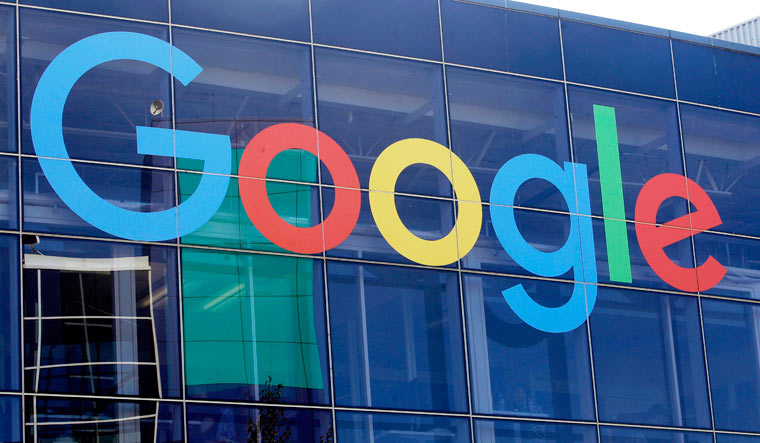Google’s decision to cut its service fee for their play store from 30 to 15 per cent came as a welcome relief to the Indian developer community and may be successful in appeasing the developer community in India in the short term.
This move also came off in the backdrop of several controversies as it had been accused of using its monopolistic control, especially by the Indian startup community. Experts feel that Google’s response to slash its commissions from the play store could be interpreted as an olive branch offered to developers after all the recent bad publicity they had received.
Though a 50 per cent reduction on app store fees sounds like good news, on the surface this reduction is only applicable to developers on the first million dollars they make. For every million after that, the commission rate still stands at 30 per cent. Essentially, this may only turn out to be a short term benefit.
“While this is heralded as opening up a fairer playing field for grassroots developers operating on lower budgets, the point remains that developers who build a successful business, one worth over $1 million, will still have to pay an exorbitant amount to Google. It is also important to note that this threshold of a million dollars is not hard to clear. In some cases, this figure of 30 per cent will rise to nearly 45 per cent after taxes, which is an unbelievable amount to pay essentially as service fees, every million dollars. Add to this the fact that the companies who do make over a million dollars will also have significant overhead costs, which makes this service fee even more unfair”, remarked Ashok Kadsur, Co-Founder SignDesk.
This expert feels that the problem is deep-rooted, and has more to do with Google’s resistance towards the usage of third-party payment and billing services.
“This becomes clearer when we look back to Google’s suspension of Swiggy and other food delivery apps after an in app gamification controversy. In that case, Google had an ax to grind with customers not using the app’s payment services, and it appears that this stance is not one that Google will let go of easily. While soft gestures such as cutting service fees by a nominal amount might appease developers in the short term, it does not address the deeper issues at hand, such as rampant self-promotion, favouring ad-driven content, granting advertisers top positions in search listings and general misuse of its power in the market. Google must take a more serious look at the way it handles billing, distribution and advertising if it is to uphold the tenets of a fair market, as it claims to do,” added Kadsur.
Some feel that this move by Google is just an eyewash, and there are very few Indian companies who fall into this bracket.
“Developers are selling equity to pay google, as we are left with little option but to market on their platforms. Our spend cost business should be controlled by ROI and not by lack of choices/ or monopoly. It's important to have an alternative play store that is as seamless as google play store, on the discussion around AppStore charges are fair,” pointed out Suresh Narasimha, Co-Creator, CoCreate.ventures.
Market analysts point out that lowering of prices of any digital goods have an effect of marginally pushing demand and leaving more value on the table for the publisher.
“Google's move is also driven by the conciliatory intent to placate some of the app publishers who are lobbying with the government to temperate the clout that Google and Apple enjoy in the App ecosystem. However, the fact remains, that Google and Apple App ecosystems have enormous clout and while the government and App publishers will wish for more headroom,” observed Alok Shende of Ascentius Consulting.
Many market experts have said that this step by Google is a positive move especially for this step by Google especially for a country like India which has a growing start-up ecosystem.
“Reduced prices will not only support the entry of new players but will also enable existing application developers, boutique firms, and early-stage startups to use the funds that they will save, for other crucial aspects like scaling their operations and maximizing their growth efforts. It will also provide a boost to small scale developers, by providing them with more working capital and assisting them to grow in the market which is very highly competitive,” remarked Rajat Shikhar, Founder and Chief Product Officer, DealShare.
Many also feel that it can be helpful in India because the majority of phones run on Android and startups need support when they are in an early stage and not when they get to a decently scaled revenue. “This is a welcome move where up to $1 million in revenue, the commission is going to be reduced. This increases the cash flow for the startups and gives them a leeway to try things out,” remarked Sathya Pramod, Founder Kayess Square and Co-founder Inflection Point Ventures.





